Artificial Intelligence (AI) is no longer a futuristic concept in real estate; it’s here, transforming how professionals generate and nurture leads. From predictive analytics to smart chatbots, AI-powered tools are ushering in an era of efficiency, personalization, and cost-effectiveness for agents and brokers. But how exactly is AI reshaping the process of real estate lead generation? This blog dives into the tools, techniques, benefits, and evolving trends that are driving this revolution.

The Rise of AI in Real Estate Lead Generation
Generating leads has always been a critical yet time-intensive task in real estate. Traditional approaches like email marketing and cold calling are effective but often lack personalization and scalability. Enter AI, which leverages machine learning, data analytics, and automation to take lead generation to new heights. By analyzing behaviors, segmenting audiences, and offering predictive insights, AI tools not only save time but also improve the quality of leads.
For instance, platforms like Smartzip and Ylopo are transforming how agents identify prospective buyers and sellers. These tools analyze millions of data points, from browsing habits to property trends, to predict which prospects are ready to transact. The result? More meaningful engagements and fewer wasted efforts.
AI-Powered Tools and Techniques
Predictive Analytics
Predictive analytics is a game changer in identifying high-probability leads. Platforms such as Smartzip use AI to process behavioral, demographic, and market data, predicting which homeowners are likely to sell within the next 6-12 months. Agents can then focus on these likely prospects, increasing efficiency and conversion rates.
For example, Top Producer’s Smart Targeting integrates predictive analytics into its CRM, identifying the top 20% of likely sellers in a specific area. This precision enables agents to craft targeted campaigns and spend their budgets wisely.
AI Chatbots
AI chatbots, such as Structurely and Roof AI, ensure that no lead goes unattended. These bots engage website visitors in real time, answering FAQs and qualifying leads based on their behavior. For instance, chatting about mortgage readiness might flag a visitor as a strong prospect.
The beauty of AI chatbots is their availability. Operating 24/7, chatbots ensure potential buyers and sellers always get instant responses, reducing lead drop-off rates.
CRM Integrations
AI-powered CRMs like Real Geeks and Lofty AI combine customer data with artificial intelligence to streamline engagement. These systems can monitor lead activity, suggest the best times for follow-ups, or even draft customized emails using tools like Scout AI.
Consider Ylopo’s AI-powered voice assistant, which makes outreach calls using human-like conversational algorithms. Such integrations allow agents to focus on high-value tasks while letting AI handle repetitive work.
Key Benefits of AI in Real Estate Lead Generation
The advantages of AI in real estate go far beyond efficiency. Here are some standout benefits:
1. Enhanced Efficiency
Agents spend less time on unqualified leads and more time where it counts. With predictive analytics and automated tools, productivity skyrockets.
2. Personalized Interactions
AI tools can tailor messaging based on a prospect’s unique preferences. For instance, a CRM might send a personalized property listing based on past search behavior.
3. Cost-Effectiveness
Considering the level of automation involved, AI tools reduce the need for extensive marketing budgets. Platforms like Smartzip streamline tasks that once required multiple tools or staff.
4. Real-time Engagement
Whether it’s a chatbot engaging a late-night browser or an AI tool predicting a lead’s readiness to buy, actions happen in real-time, improving the speed of response and customer satisfaction.
Challenges and Considerations of Using AI
Despite its promise, adopting AI in real estate lead generation isn’t without challenges.
1. Data Privacy Concerns
Handling large datasets requires strict adherence to data privacy regulations. Agents must ensure their tools comply with laws like GDPR or CCPA.
2. Human Oversight is Crucial
AI can identify patterns but lacks the emotional intelligence humans excel at. For example, tailoring a pitch or resolving complex client issues still requires the human touch.
3. Learning Curve
New AI tools require upfront investment in time and training. Agents must learn how to use these platforms effectively to maximize ROI.
Future Trends in AI for Real Estate
The AI landscape is constantly evolving. Here’s a look at trends set to shape the future of real estate lead generation:
1. Generative AI for Content Creation
Imagine creating listing descriptions, blogs, and social media posts at the click of a button. Tools like Jasper and ChatGPT are becoming more intuitive and reliable, opening new doors for scalable content marketing.
2. Visual Enhancements with AI
Tools like Virtual Staging AI and Reimaginehome allow agents to create virtually staged property images tailored to buyer preferences. For example, an empty bedroom can appear fully furnished in different styles.
3. Advanced Behavioral Analytics
Future CRM systems may predict not just when a client is ready to move but also the types of marketing materials most likely to convert them.
4. Speech-Based Virtual Assistants
Platforms like Ylopo are already experimenting with voice assistants that can take calls, nurture leads, and even set appointments.
FAQs
How does AI improve real estate lead generation?
AI enhances efficiency by analyzing large datasets to identify high-quality leads. Tools like Smartzip use predictive analytics to pinpoint homeowners most likely to sell.
Are AI chatbots effective in real estate?
Yes. AI chatbots like Structurely provide 24/7 engagement, qualifying leads and resolving queries instantly.
How secure is the data used by AI tools?
Reputable AI tools adhere to stringent data privacy standards such as GDPR and CCPA. Always ensure your chosen platform has robust security measures in place.

